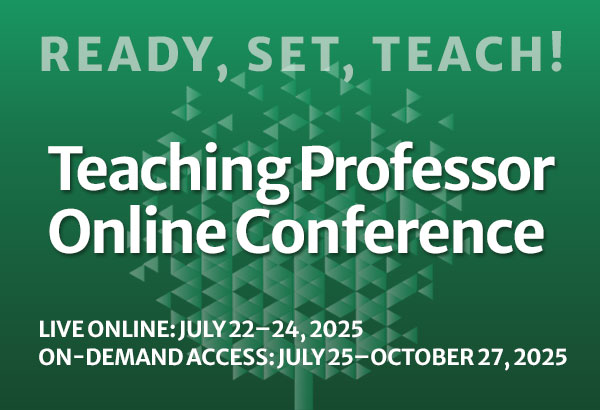Tips from the Pros: Icebreakers, Testimonials Help Set Tone for Online Courses
Icebreakers can help promote the important social component of online learning. Common icebreakers have students share information about themselves with the idea of creating a



